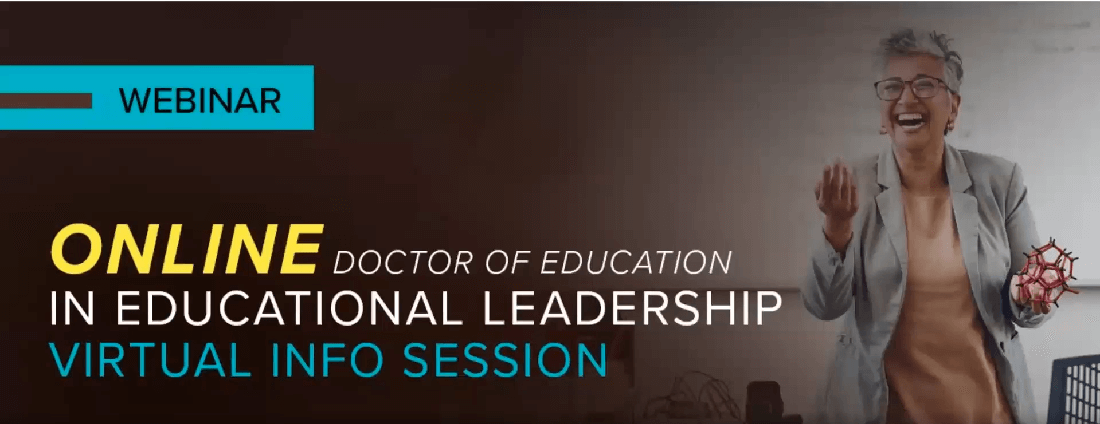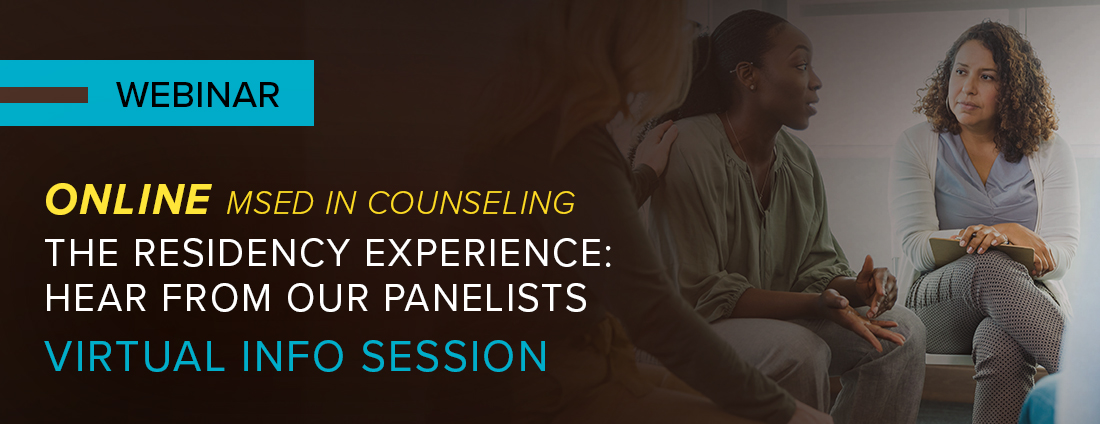Deep Dive into The Online Master of Social Work

Ready to learn more about Saint Bonaventure University's online Master of Social Work program? In this webinar, our admissions team provides insights into its unique trauma-informed, social justice-driven curriculum, and how it prepares graduates for a meaningful career in social work
Read MoreMaster's in Counseling Info Session

You're invited to join our admissions team for a virtual open house to learn about St. Bonaventure University's online MSED in Clinical Mental Health Counseling and School Counseling programs. We will provide an overview of each program including program structure, curriculum and internship and practicum details, and share insights into the online experience, internship support services and the admissions process. Learn what sets SBU apart!
Read MoreDoctorate in Education Leadership Information Session

Join our admissions team for a special information session about St. Bonaventure University and the online EdD in Educational Leadership. Gain an in-depth look at the program structure, curriculum, our three dissertation pathways, online experience, and then review admission requirements and steps to apply
Read MoreDeep Dive into the Online Journalism Master's Programs

In this webinar you will hear from program faculty and current students who share an overview of the online Master's in Journalism programs admissions process, structure, learning outcomes, curriculum, masterclasses, and capstone requirements.
Read MoreOnline MBA Program: Exploring the Intersection Between Finance and Marketing

Listen to Dr. James 'Jim' Mahar and Paul Barretta talk about how St. Bonaventure's online MBA program incorporates both finance and marketing concepts and how it can help advance your career!
Read MoreSBU MSED in Counseling: The Residency Experience

Program Director Dr. Christopher Siuta shared program information about the online graduate programs in education counseling, as well as the two residencies that are part of the curriculum. Current students in the School Counseling and Clinical Mental Health Counseling programs joined the webinar for a panel discussion about their residency experience and to answer Q&A from the audience.
Read More